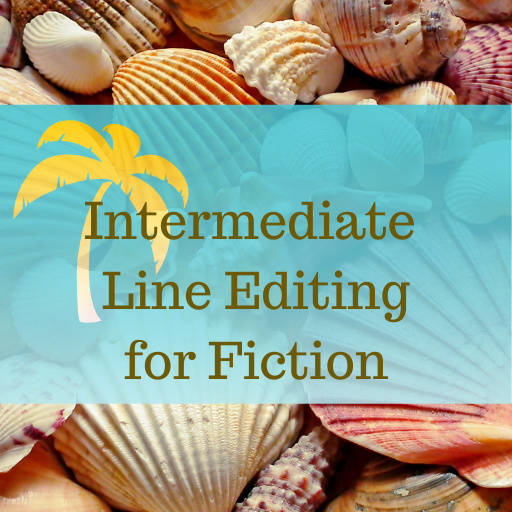Editorial Terms and Their Meanings
Here’s a rundown of basic editorial terms and their meanings to help you understand editing terminology.
When I talk about the author’s work of addressing areas of concern, I call it revision to distinguish it from what an editor does, which is editing. Most people writing and speaking on the subject don’t distinguish between the two but since I write a lot about the interaction between the editorial process and the authorial process, I find it creates less confusion to use the terms in this way.
If you’re a writer who calls the work you do on a drafted manuscript editing, that’s fine! I’m not saying you should change. I’m just explaining why I use the terminology I do.
I also use the term revision letter to describe the several-page document that outlines the overall revision I suggest the author make. This is also sometimes called an edit letter or editorial letter but since it guides the author’s revision, for the sake of clarity and consistency with my other terminology, I call it a revision letter.
Editorial queries are the comments an editor leaves on a manuscript to show the author where a specific revision is needed. For example, “AU: Here in Chapter 3, Greta’s motivation for quitting her job isn’t clear. It makes her later desperation to take any job she can get less plausible. Consider strengthening her motivation by showing her have an argument with her boss because he wants her to do something unethical, or maybe he bullies and insults her. Then her storming out of his office and saying ‘I quit!’ will be more understandable.”
An author is certainly able to find some other solution to the motivation problem, or to decide that they don’t agree that there’s a problem at all. But this information provides enough guidance for an author to understand what I think an issue is and how I think it could be addressed.
Some editors call these queries manuscript comments or feedback on the manuscript itself but editorial query is the term used in publishing. Since I have publisher clients, I also use this language.
An editorial query is of course different from a query letter, which is a description of a project that authors send to literary agents in order to interest them in representing the project. Since both are sometimes called queries it can be confusing but if you look at the context, it will usually become clear which is being referred to.
An editorial round is one complete edit. In development, this consists of ms queries and a revision letter. A ms may require more than one round of development. In traditional publishing, all manuscripts go through several rounds of editing, typically including a development round, a copyediting round, and a galley proofing round (galleys are the final uncorrected version of the ms just before the ms is finalized and published).
An editorial pass is the editor going through the ms one time, addressing errors. Most editors take several passes through a ms to complete one editorial round
A revision round is the author revising the ms completely in response to an editorial round. Like an editor, authors may take several passes through the ms in order to complete the round. When the author feels they’ve addressed the concerns to the best of their ability, the revision round is complete.

Tips for Editors & Writers
-
Happy New Year!
I ate my grapes (a Spanish tradition for the new year), said “Feliz año!” to everyone in the neighborhood, and snuggled up with a good book, feeling grateful as I embark on my second year in Spain. May your 2026 be filled with happiness and adventure!
-
Reading Books for a Living
I discourage editors from saying that our work is “reading books for a living” because that diminishes our expertise and experience. Editing is not reading books for a living; it’s understanding stories and storytelling techniques, cultivating judgment and discernment, practicing effective editorial methodologies and more. But some days, like today, I look around my office…
-
Happy Holidays!
Here in Spain they take Christmas very seriously, and so that’s what I’m doing, too. I’m taking time off to spend with family and friends. We’ll gather for a meal and a walk among the Christmas lights. Then I’ll read a good book before bed. (Perhaps next year I’ll say, “We take Christmas very seriously.”)…
Join the Club!
New to story editing? Begin at the beginning.



